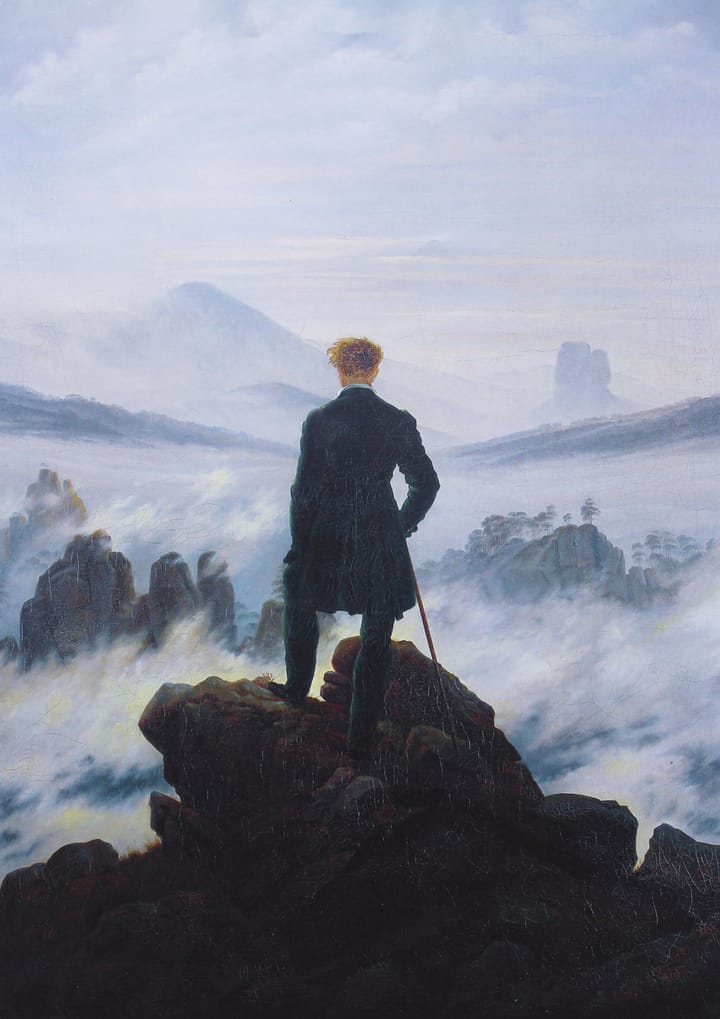Consciousness in Nature: Evolving Understandings of the Natural World
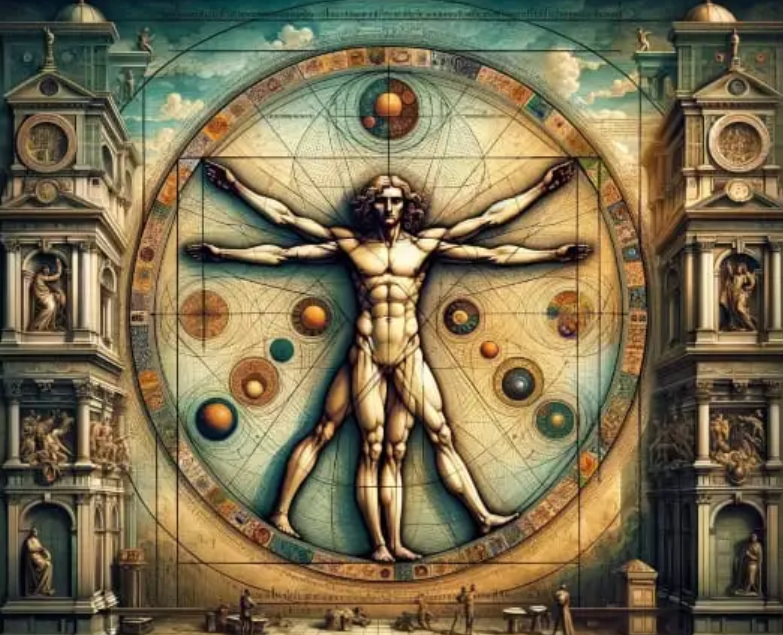
Recently I heard neuroscientist Anil Seth say he longs for a naturalistic explanation of consciousness. I think most people who are serious on the topic and engage with science and philosophy share this longing. The challenge is that we all have different ideas what we mean by “nature”, and the concept itself, as we will explore, is evolving. But what do we normally mean by "naturalistic" and "nature"?
When we call an explanation "naturalistic," we mean seeking answers rooted in the processes and methods of the physical world, without resorting to supernatural causes. A gap in our understanding doesn't imply the need for supernatural explanations—it simply highlights the limits of our current knowledge. Phenomena like consciousness is real within this world. The absence of the right tools or framework to fully comprehend them does not require us to posit some external, "other" realm. Instead, it challenges us to refine our methods and expand our understanding within the natural world.
What I mean by “Nature” is the totality of existence—everything that is, including aspects beyond our perception. This broader view of nature is essential to exploring a naturalistic explanation for consciousness. In this piece, we will explore how our understanding of nature—and the concept of what is considered natural—has shifted over time.
In Newton’s time, the natural world was understood primarily through classical mechanics—matter governed by physical laws. But as time passed, our understanding deepened.
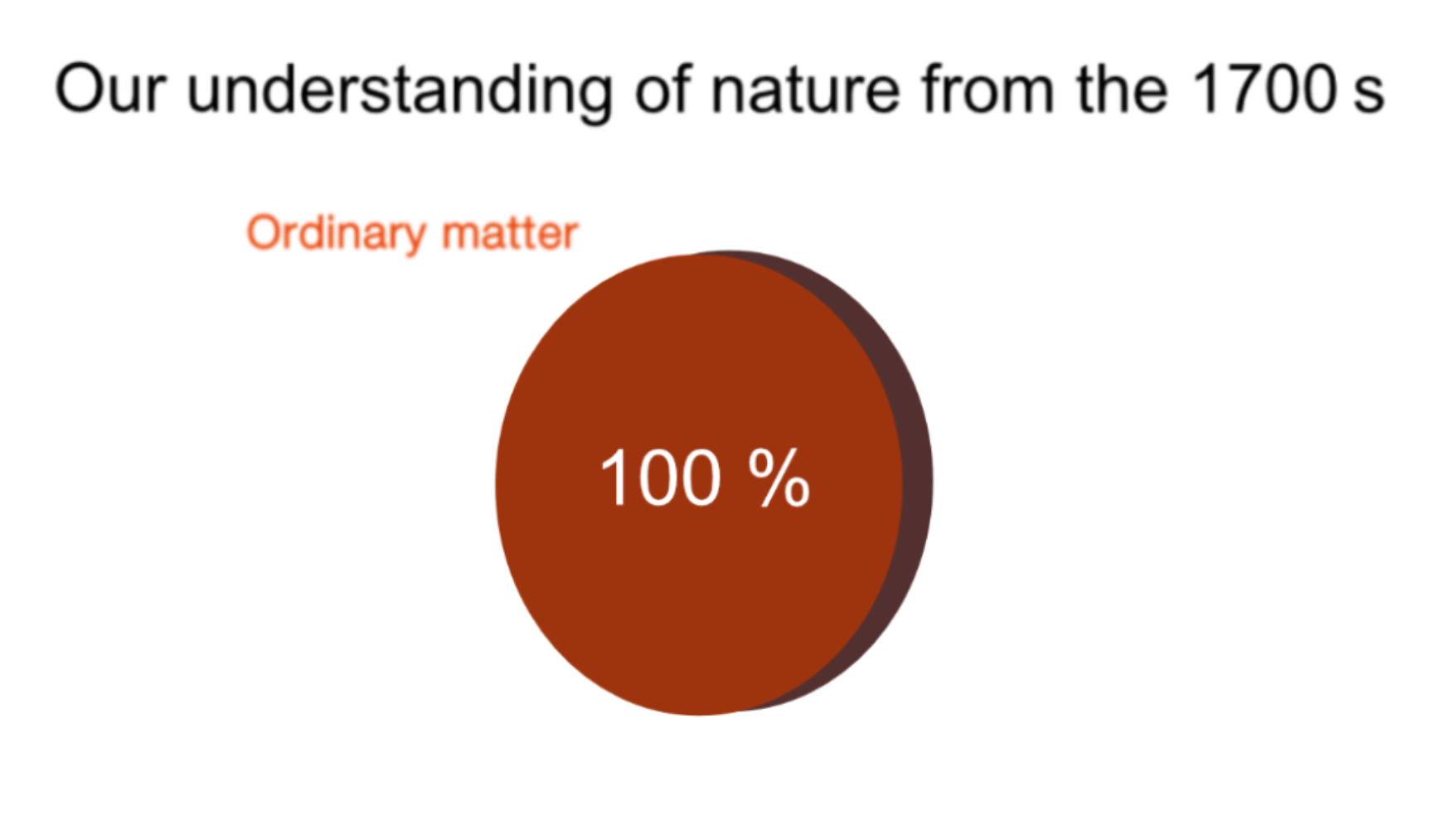
In the 20th century, concepts like dark matter and dark energy challenged older understandings. Dark matter, proposed in the 1930s by Fritz Zwicky, suggested there was unseen mass influencing the behavior of galaxies.
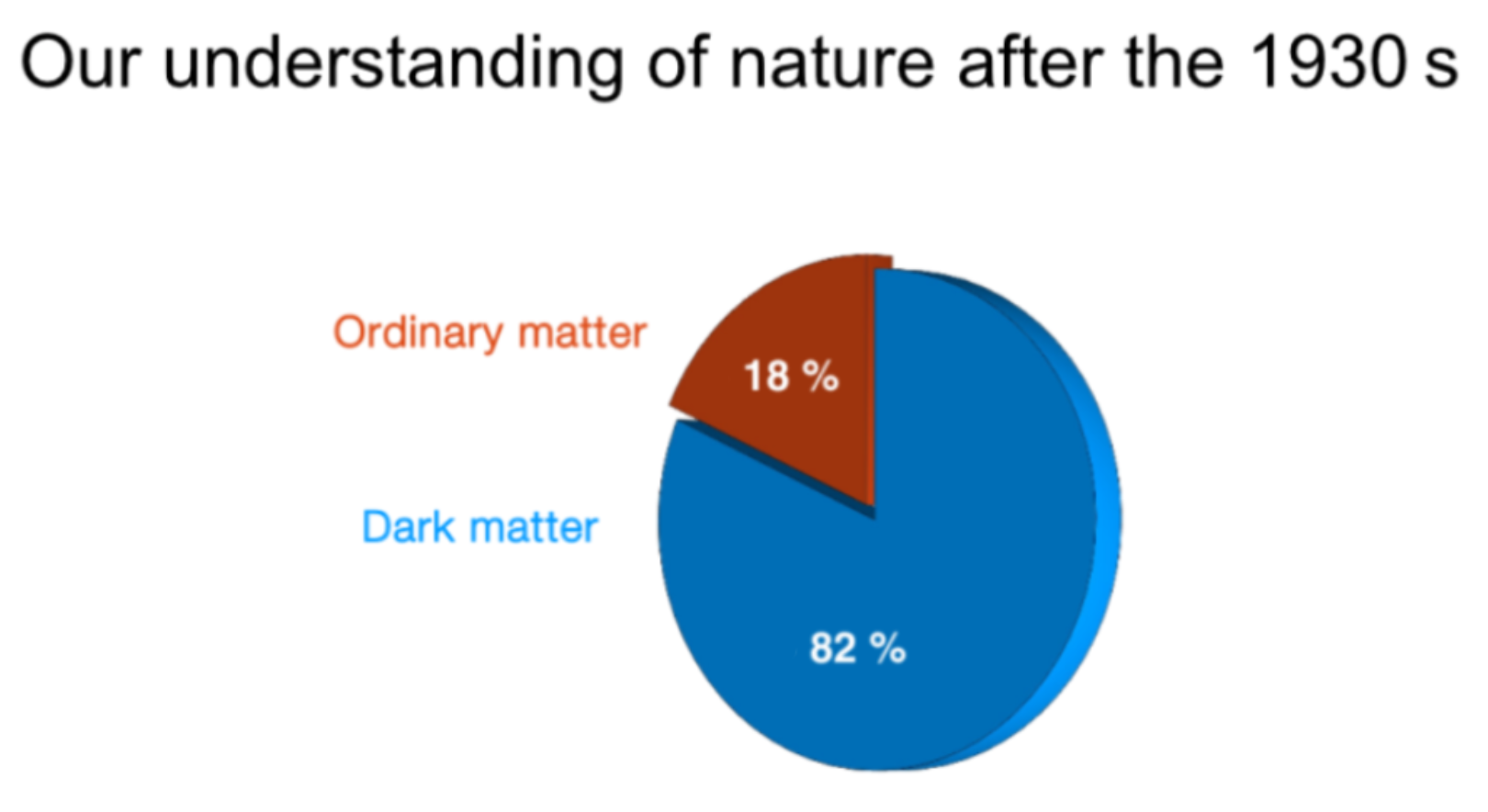
Then, in 1998, the discovery of dark energy—something accelerating the universe’s expansion—seemed to push the boundaries of our understanding even further.
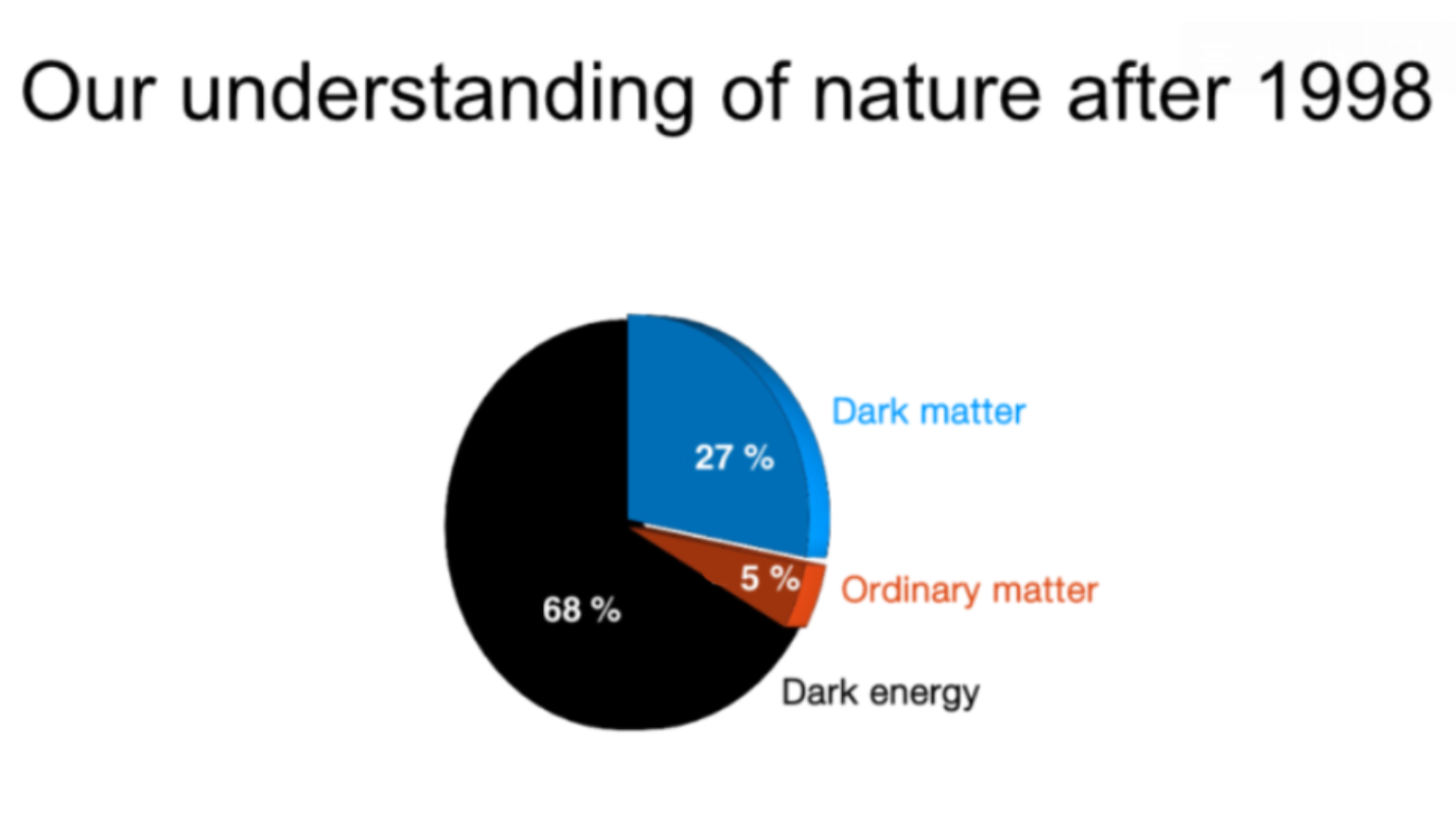
Today, some physicists question dark energy’s existence, suggesting alternative theories of gravity. This evolving understanding prompts new approaches, such as maybe treating information as a fundamental aspect of nature. What if consciousness is also fundamental? And what if, in the coming years, we discover new elements of nature?
Our understanding of nature evolves as we learn new ideas, and refine, and even, retire old ideas—and so does our understanding of consciousness. The search for a naturalistic explanation of consciousness is far from over. Science and philosophy may one day reveal consciousness not as something separate from nature, but as woven into the very fabric of existence. I realize I’m taking a broader view of nature than the typical reductionist approach, but perhaps a broader vision is exactly what we need. Some may argue against this perspective, but if it exists, it’s part of nature.
